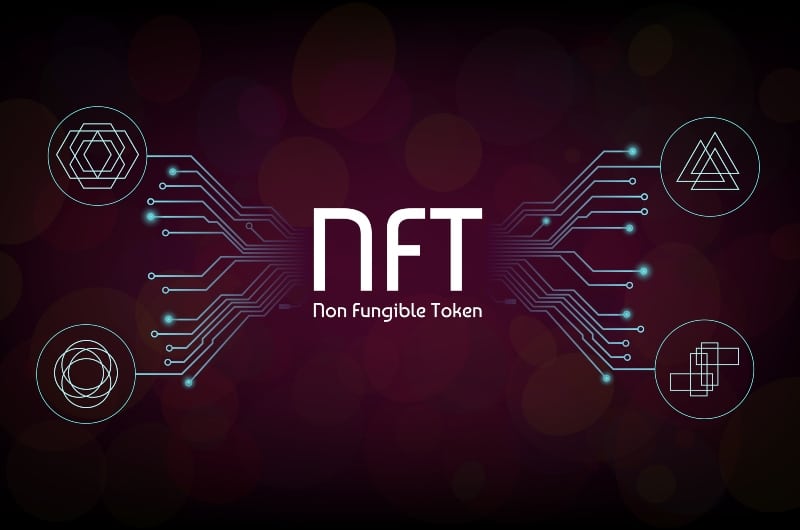Google has filed a patent for “Non-Fungible Planet”. While the name’s similarity might indicate the presence of NFTs, in reality, the internet giant wants to take action on environmental issues, not referring to the use of NFTs.
Google and the “Non-Fungible Planet” patent for environmental activism
A few days ago, Google filed a patent for “Non-Fungible Planet”, a name that recalls the famous Non-Fungible Tokens but actually goes in the direction of environmental activism on the part of the Internet giant.
It is in fact an educational campaign that aims to:
“Providing information in the areas of environmental protection, conservation, energy efficiency, climate change, reducing carbon footprints, environmental issues and sustainability efforts”.
Not only that, from a technical point of view, the project plans to touch entertainment services by providing non-downloadable playback of curated video playlists via the Internet and other communication networks.
In this sense, Google could help bring awareness to climate change and increase efforts on the call to action by consumers and companies to make changes.
The word game: “Non-Fungible Planet” and “Non-Fungible Token”
This play on words “Non-Fungible” that Google wanted to use for its patent, could somehow touch on the issue of NFTs, their environmental impact and more.

NFTs are still mostly based on the Ethereum Blockchain which, until it formalizes its move to Proof-of-Stake (PoS), is still a Proof-of-Work (PoW), the most polluting protocol around.
Coincidentally, at the beginning of the year 2022, the CEO of Youtube, the Google-owned video platform, announced that they were looking at NFTs (and even DAOs) to understand the opportunities and how they could grow the connection between creators and their fans.
Having said that, it is clear that the wordplay is a move to “get closer” to the crypto world, while keeping the patent completely outside of it.
From the environment to reinforcing cybersecurity
The search engine giant Google recently bought the cybersecurity company Mandiant, with a deal of $23 per share, in an all-cash transaction valued at about $5.4 billion.
The new purchase aims to improve the cloud computing business, in terms of security and consulting services.
But Google is not the only one investing in security. Indeed, it seems that the market for security software is expected to double to $352.25 billion by 2026 from 2020.
Source: https://en.cryptonomist.ch/2022/03/30/google-files-patent-non-fungible-planet/